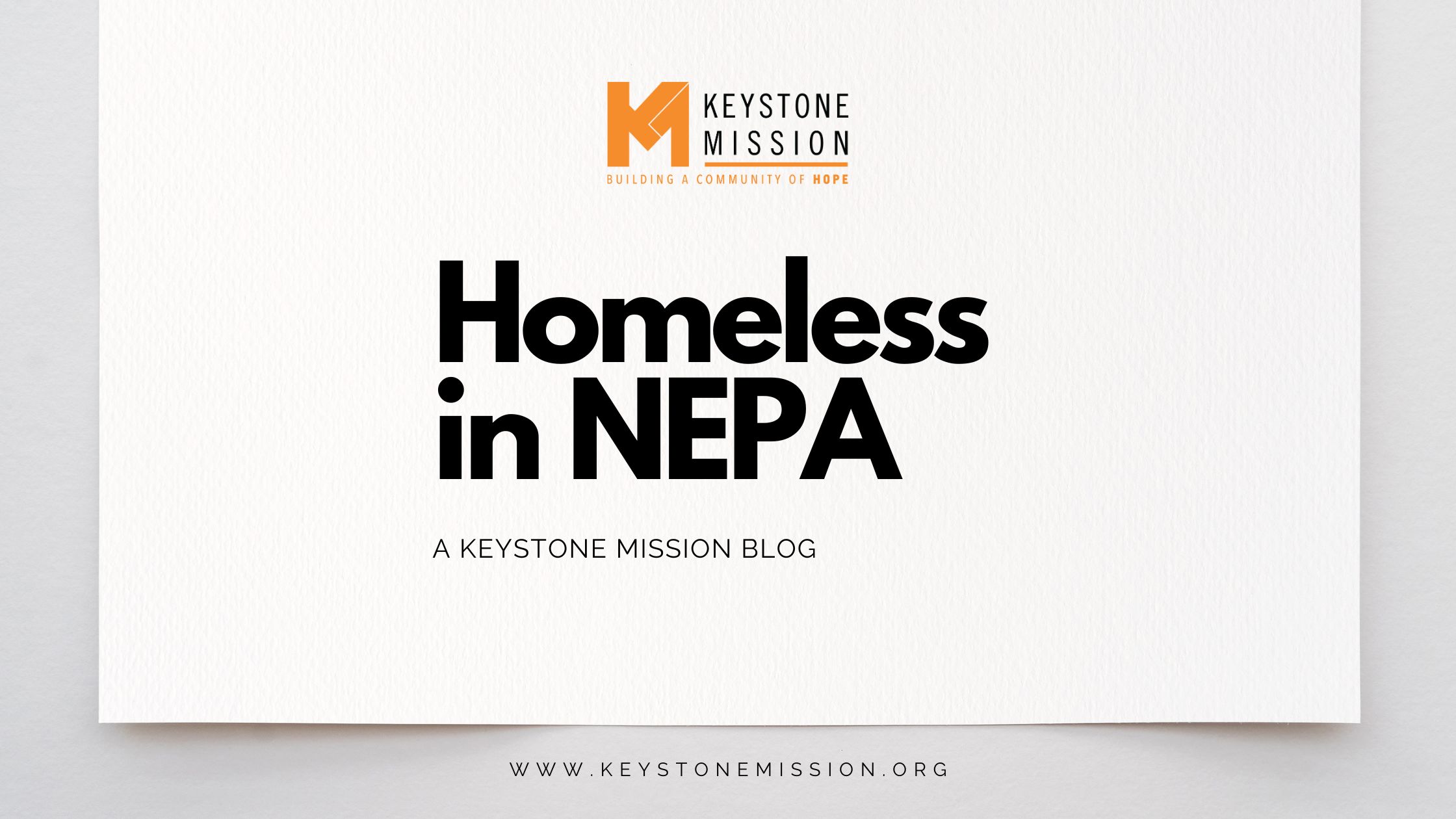
01 Jul Reframing the Conversation of Homelessness and Mental Heath
Beneath the term “homeless” lies many challenges; a significant hurdle being mental health. To truly address the needs of the homeless population, it is important to recognize the impact of mental health.
The Complexities of Mental Health:
“Mental health” has become a popular term today as it affects a great portion of society. The National Institute of Mental Health reported that in 2021 around 57.8 million adults in the United States live with a mental illness (NIMH). Mental illness covers a wide variety of mental circumstances including depression, anxiety, bipolar disorder, and different substance abuse disorders. Unfortunately, a lack of understanding contributes to the stigma that homeless individuals encounter when trying to access continual care. After being in the Human Services field for over a decade, Kathy Regan, Operations & Program Director of Wilkes-Barre Innovation Center, understands that “mental illness takes many forms, and it’s a health need that a lot of people don’t fully understand.”
Overcoming Stigma:
Many barriers stand in the way of the homelessness population who are trying to manage their circumstances. Often, discrimination and isolation are established before they can ask for help. A study in the Journal of Primary Care & Community Health found that “Notably, the problems that homeless individuals commonly identify—addiction, mental illness, and chronic pain—were also the issues participants in this study felt were the most underserved in primary and emergency care settings” (Gilmer and Buccieri 4). The study communicated that many homeless individuals were often preconceived as “drug seekers,” when searching for assistance with mental illness.
Connection and Community:
To bridge the gap between homeless individuals and service providers, it is important to foster connection and community. When individuals lose their support systems, they lose access to some of the most vital resources. Kathy Regan pointed out, “This is a crucial but often overlooked element in addressing the needs of this population.” By recognizing the importance of a support system, a more inclusive environment is created for homeless individuals’ mental health concerns.
The best place to start is through building relationships. Keystone Mission desires to make connections with our guests so they can then feel safe in this environment and be willing to take the next steps in their care. Through our connection with many service providers such as Scranton Counseling Center, Geisinger, and other rehab facilities, our goal is to facilitate the journey of our guests toward recovery and well-being.
References:
Gilmer C, Buccieri K. “Homeless Patients Associate Clinician Bias with Suboptimal Care for Mental Illness, Addictions, and Chronic Pain. Journal of Primary Care & Community Health. 2020.
“Mental Illness.” National Institute of Mental Health, U.S. Department of Health and Human Services, Mar. 2023, www.nimh.nih.gov/health/statistics/mental-illness.




Sorry, the comment form is closed at this time.